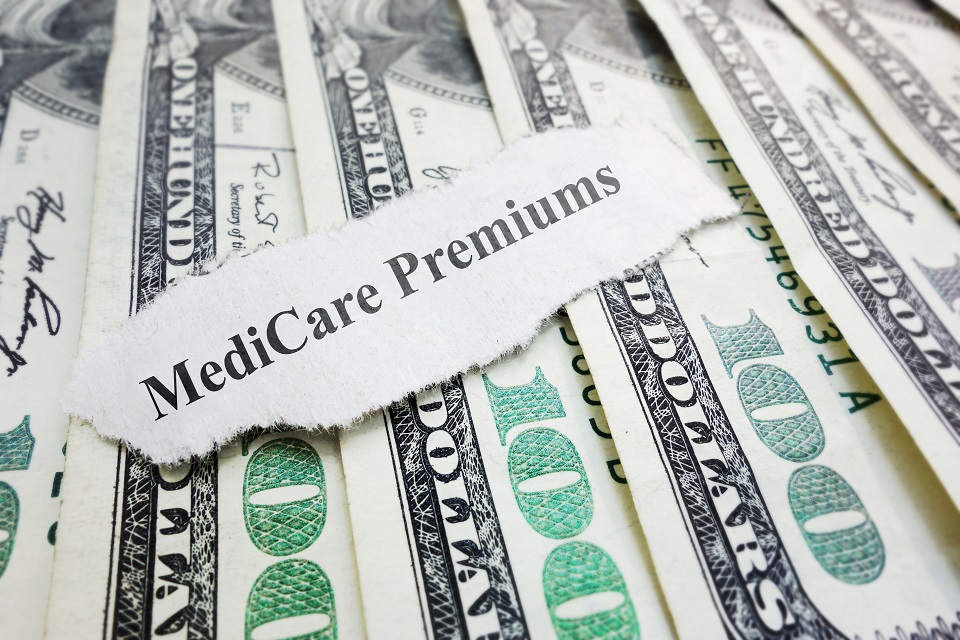
#3 Reason: Medicare Premiums Could Affect Your Social Security Check
As you probably know, all golden agers are eligible to enroll in Medicare (the federal health insurance program) the year they turn 65. If you sign up for Medicare Part B (Medical Insurance), your premiums are automatically deducted from your monthly Social Security benefits.
For the current year, the standard monthly premium is set at $144.60. However, it’s actually possible that you could end up paying much more if you fall into a higher tax bracket.
According to the Centers for Medicare and Medicaid Services (CMS), if you decide to file an individual return and your income is actually higher than $87,000, but also less than $109,000, you will pay $202.40 this year.
On the other hand, if your income is somewhere between $109,000 and $136,000, you pay $289.20. And if it’s more than $500,000, you will pay $491.60.
“If your income has recently dropped, you may appeal to the SSA for a lower premium. The IRS may be providing the SSA with older data that needs to be updated,” says James B. Twining, CFP, founder, and CEO of Financial Plan, Inc.
Important: You should also take into consideration that for some high-income earners, Medicare premiums are equivalent to 30 percent, 50 percent, 65 percent, or even 80 percent of the total cost of coverage. About 7 percent of Medicare’s beneficiaries pay these monthly surcharges. Also, high-income Medicare beneficiaries are subject to monthly surcharges for their Medicare Part D prescription drug plans.




